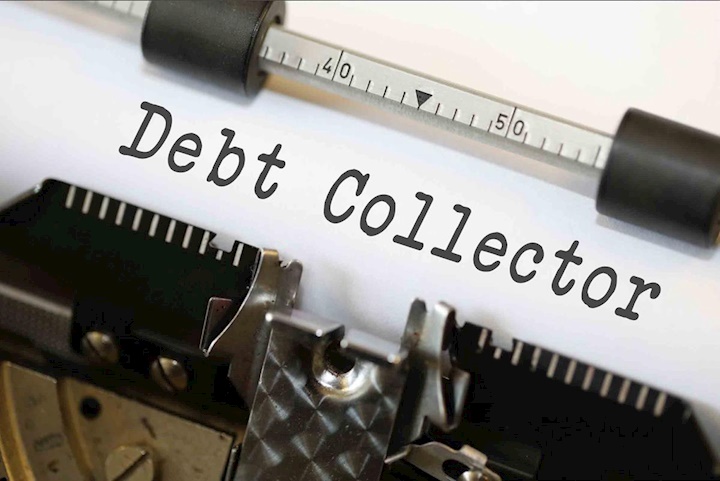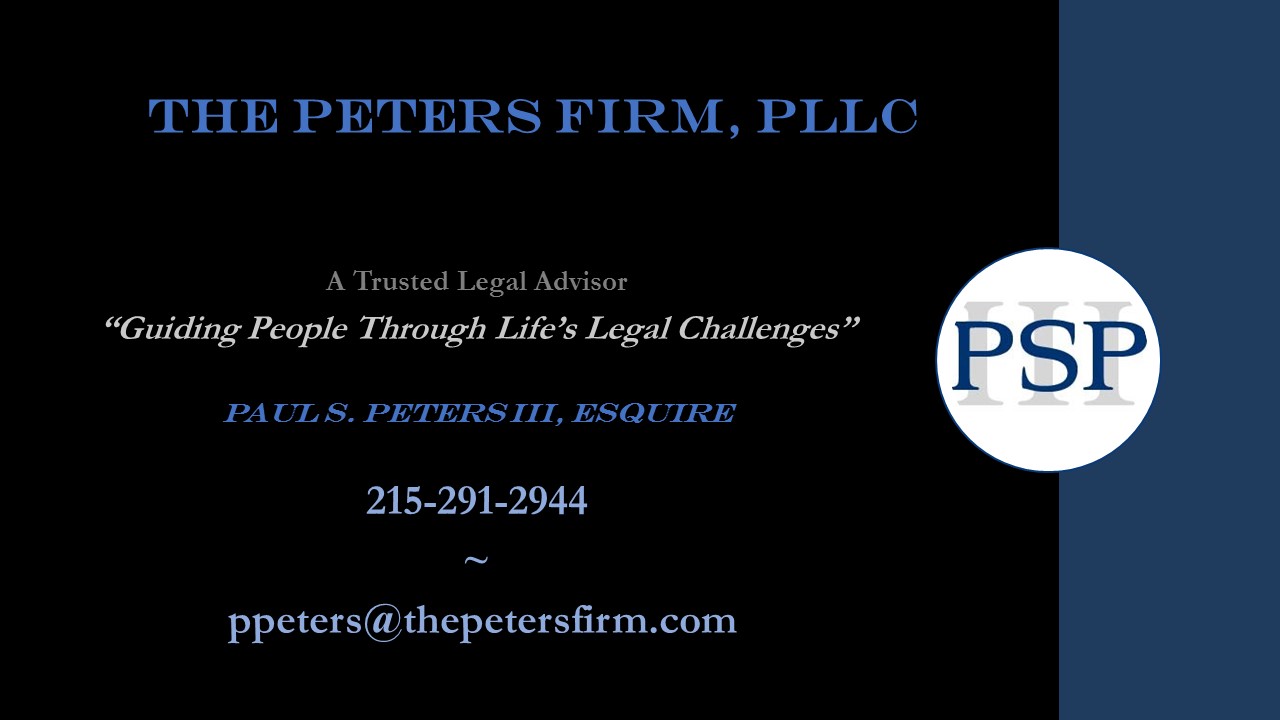WHAT DEBT COLLECTORS CANNOT DO
Are you being harassed by a debt collector? Constant phone calls, calls to your work and family? Threatening letters and emails? Verbal threats of lawsuits, wage garnishment, taking of property, or jail? You may be wondering about: WHAT DEBT COLLECTORS CANNOT DO.
Debt Collectors use many underhanded and illegal tactics to frighten and intimidate people into paying or giving them bank account information.
The Fair Debt Collection Practices Act (FDCPA) and in Pennsylvania, The Fair Credit Extension Uniformity Act establishes a set of guidelines Debt Collectors must follow when attempting to collect a debt via phone, email, mail, or in person. Additionally, it creates a remedy process for when a Debt Collector violates the law.
WHAT IS A DEBT COLLECTOR?
For the FDCPA, it is essential to understand the difference between a Creditor and a Debt Collector. A Creditor is the first party owed the debt; for example, a doctor’s office, Citibank, Discover Card, Comcast Cable, or Capital One. A Debt Collector is a company whose primary business is collecting a creditor’s debt. A Debt Collector may be hired by a creditor to collect a debt, or it may purchase the rights to own and collect a debt owed to a creditor. Examples of debt collectors are Midland Funding, Portfolio Recovery, Asset Acceptance, Allied Interstate, and LVNV Funding, just to name a few. Debt Collectors are third-party creditors.
This distinction between Creditor vs. Debt Collector is important because the FDCPA only applies to Debt Collectors. Pennsylvania’s Fair Credit Extension Uniformity Act, affirms the FDCPA guidelines as to Debt Collectors dealing with Pennsylvania residents; however, the law extends the FDCPA to apply to creditors collecting debts from Pennsylvania residents. Therefore, Capital One, a creditor, must follow the same Debt Collection rules as Midland Funding, a Debt Collector.
DEBT COLLECTORS MUST:
- Debt Collectors must:
- Identify themselves in every verbal or written communication
- State, “this communication is from a debt collector, and that any information obtained may be used in the collection of the debt.”
- Notify you of your right to dispute the debt in 30 days and demand proof that you may owe the debt.
- Verifying a debt upon receipt of a dispute from the consumer
- Cease communication upon your request
DEBT COLLECTORS CANNOT:
- Call before 8 am and after 9 pm
- Call repeatedly or continuously with the intent to annoy, abuse, or harass
- Call your place of employment
- Contact you if represented by an attorney
- Call after validation of the debt is requested
- Misrepresent who they are or working for, such as claiming they are law enforcement
- Publish your name or address
- Threaten violence
- Threaten arrest or illegal actions (ex. Taking custody of children or garnishing wages if in Pennsylvania)
- Use abusive and profane language
- Communicate w/ third parties (parents, neighbors, etc.) other than to gain information on your location
- Reveal to any third party you owe a debt
- Represent that you committed a crime
- File lawsuits against you in any place other than where you live
HOW TO RESPOND TO A DEBT COLLECTOR
- Save all mail and emails you receive from a Debt Collector
- Demand Proof of the Debt
- Tell them NOT to call you at work or any other third parties
- Contact a Trusted and Experienced Debt Collection Defense Lawyer
- Respond IMMEDIATELY to a Debt Collection Lawsuit
If you are faced with harassment from a Debt Collector, or worse, a lawsuit filed against you by a Debt Collector, it is essential you IMMEDIATELY call the Trusted and 20 Years Experienced Debt Collection Defense Lawyer, PAUL S. PETERS III, ESQUIRE.
215-291-2944
ppeters@thepetersfirm.com




